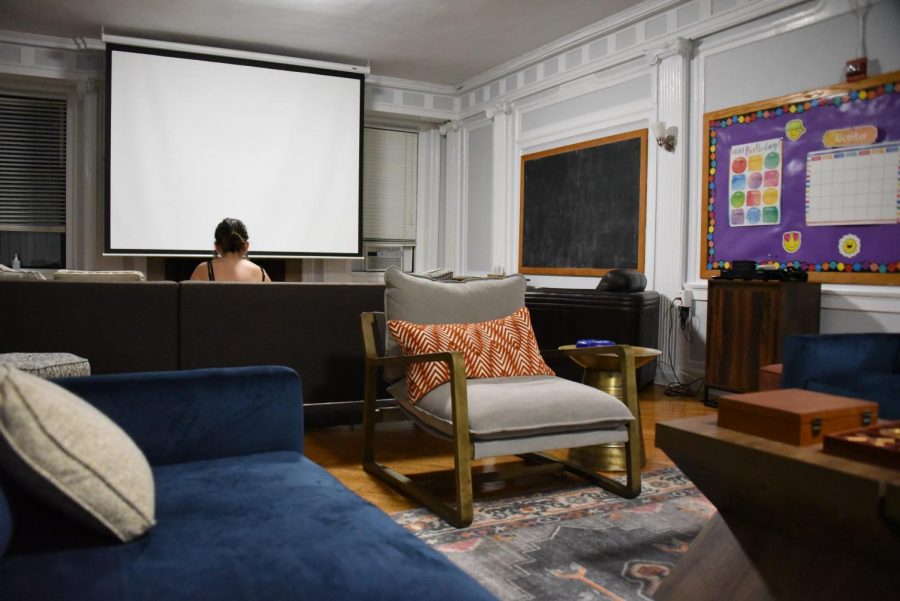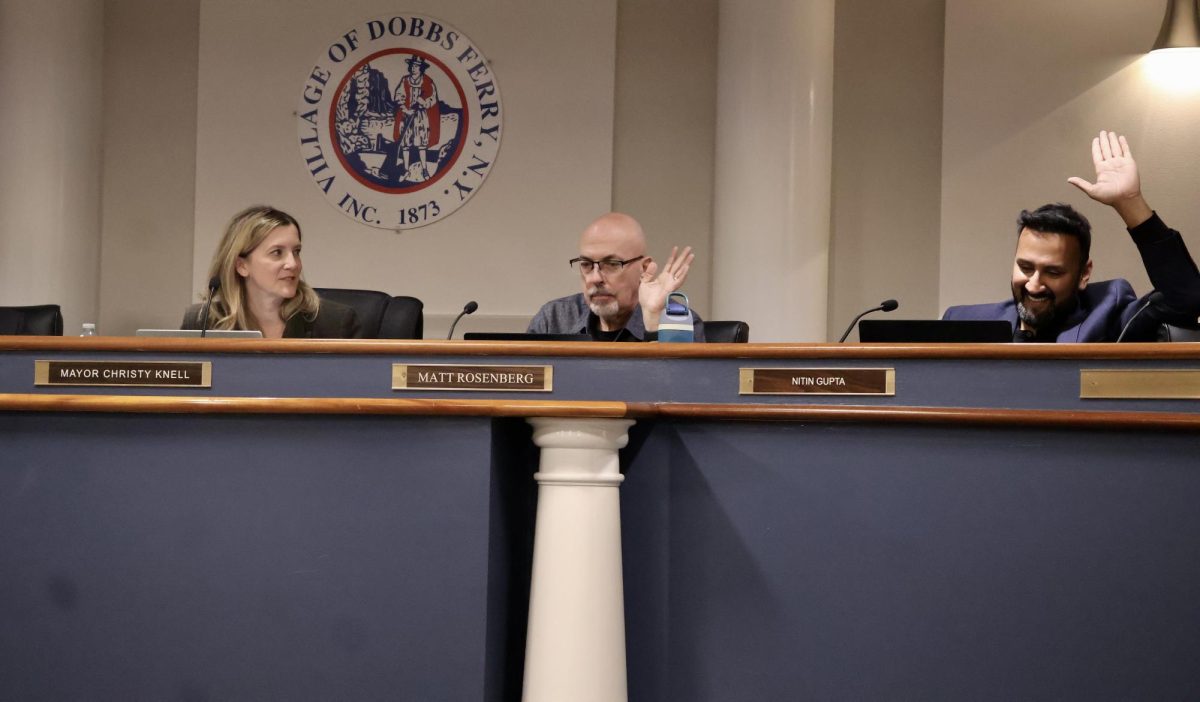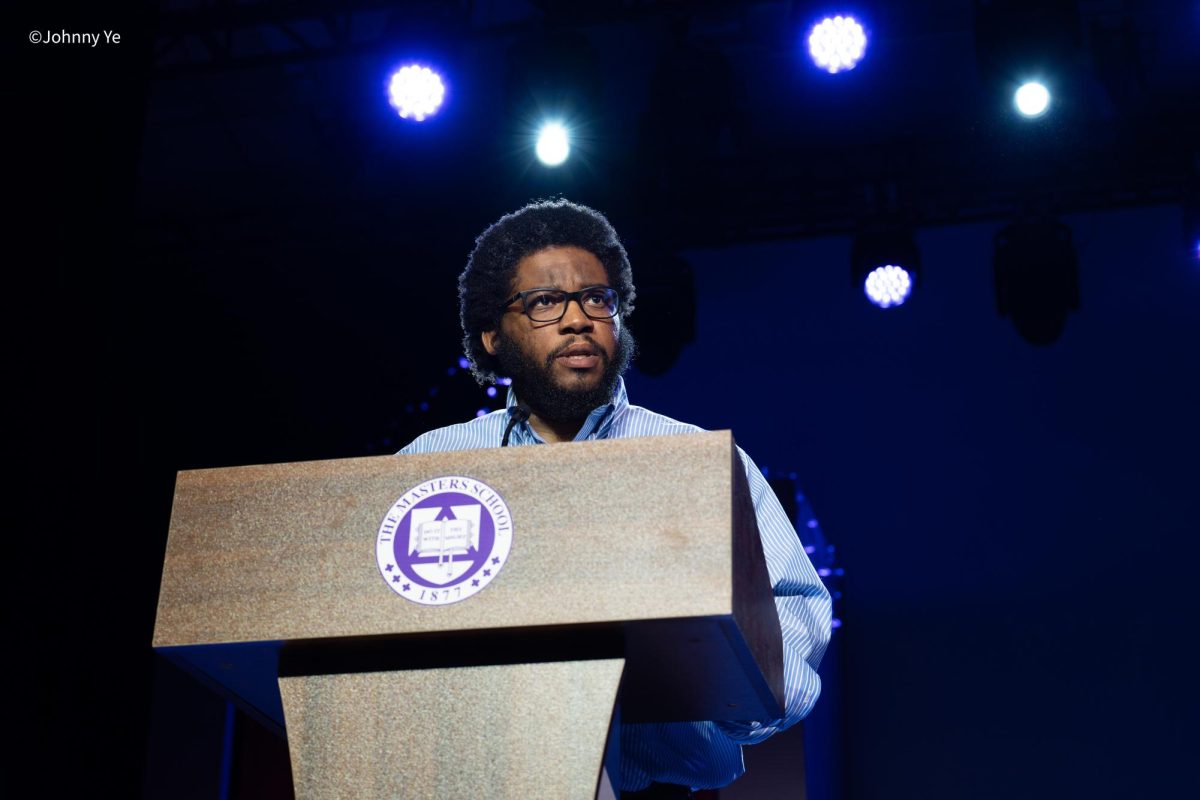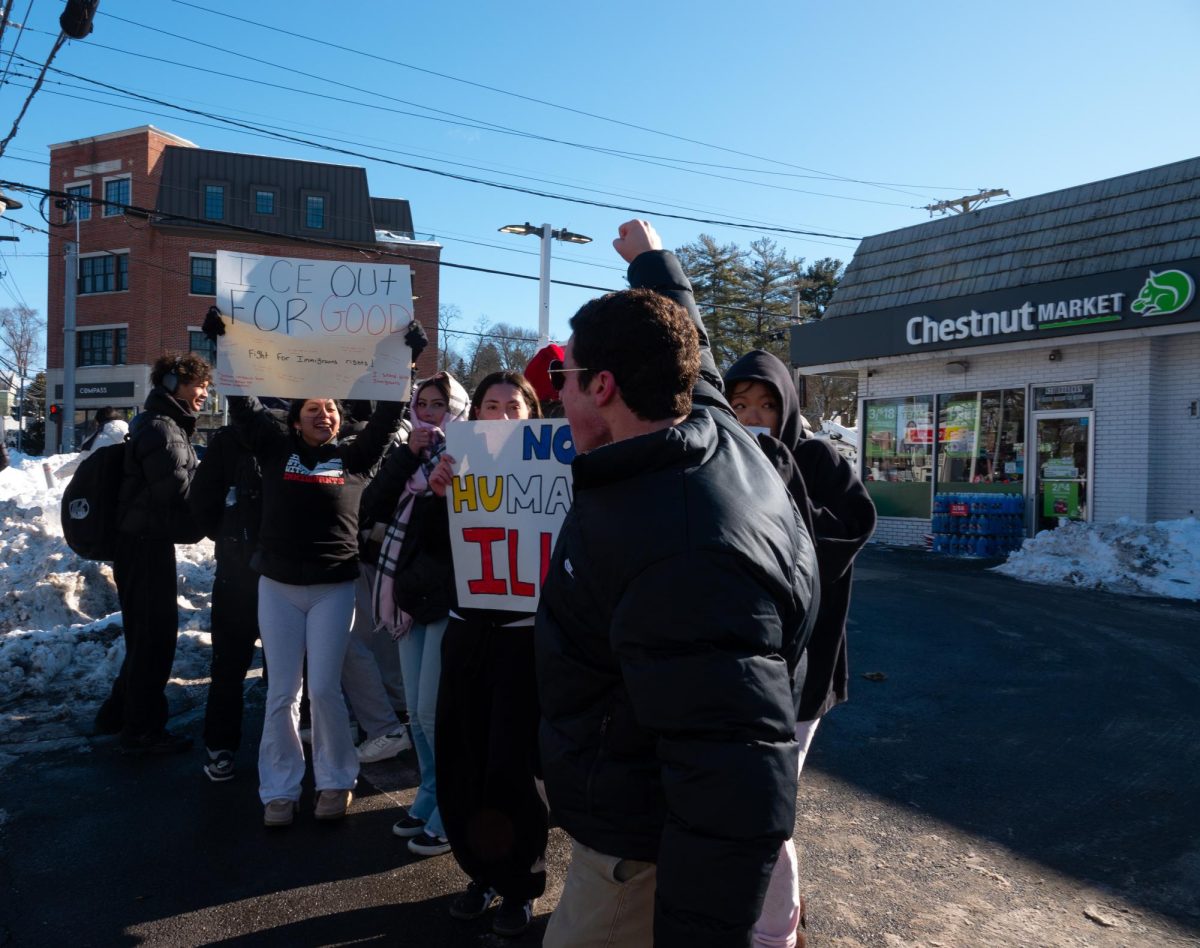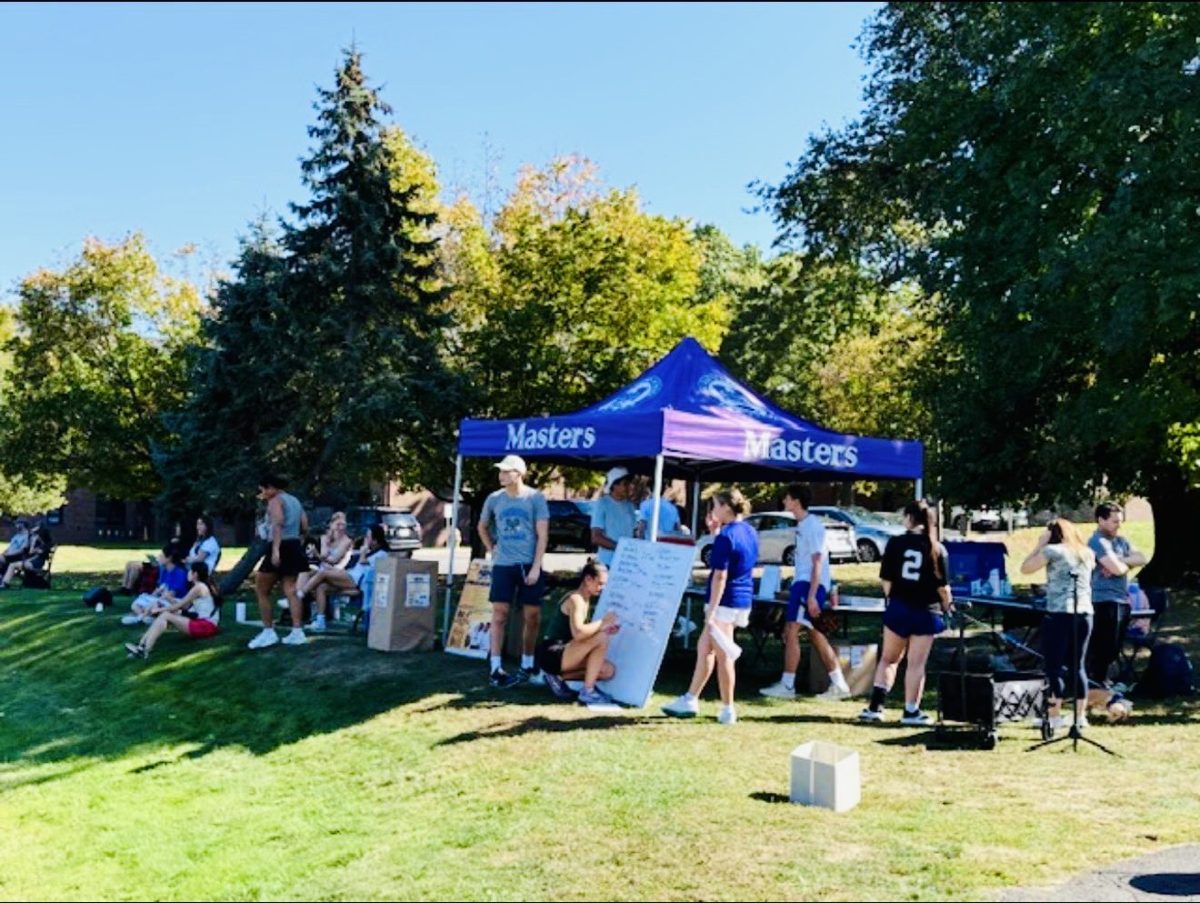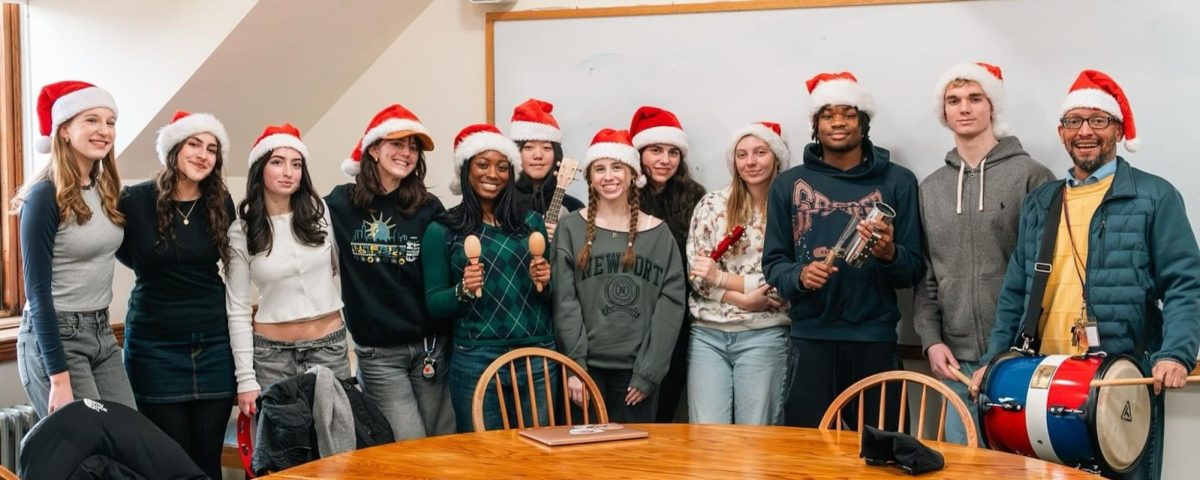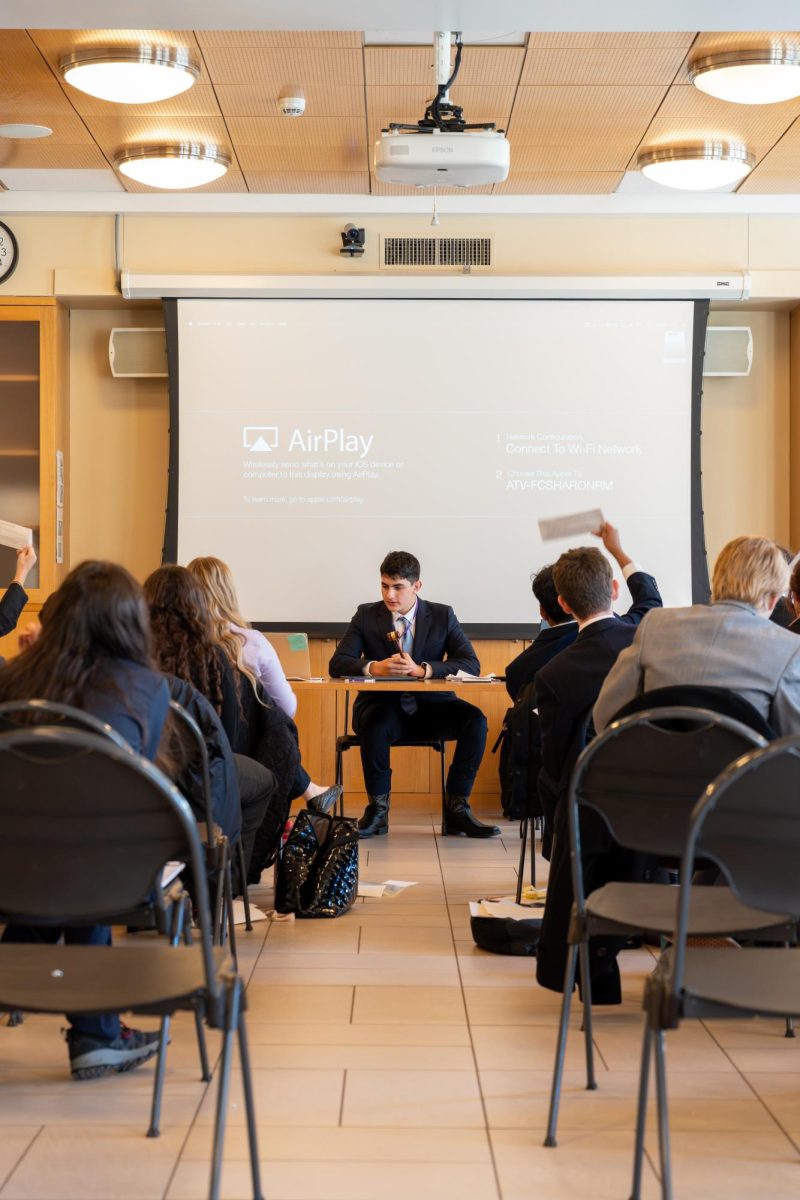The dawn of the new calendar year at The Masters School brought forth a shift in its boarding policy where students have enhanced freedom in the dormitories. This change, announced by Director of Residential Life and Associate Dean of Students Tristan Kishonis, marks a departure from former policies of dormitory life and introduces a range of opportunities for social interaction and collaboration.
Effective each Monday through Thursday, during the evening enrichment period from 6:30 to 7:30 p.m., students (day and boarding) can now visit any dorm of their peers with approval from the student host and dorm parents. Moreover, as a graduated privilege, upperclassmen can visit any dorms during study hall nights, from 8:20 to 9:50 p.m., provided they have been invited by a student host and have put in a visitation pass. On non-school nights, seven-day boarders have the privilege of sleeping in the dorm rooms of another seven-day boarding student of the same gender identity, as long as passes have been submitted and approved.
Kishonis explained the implementation of the policy. He said, “In reviewing our previous iteration of the visitation policy, we identified potential adjustments that would create more opportunities for students to connect in a way that prioritized equity, inclusivity, and safety.”
He continued, “These learnings came from gathering feedback from our students and faculty/staff, looking at visitation at other boarding schools, and talking with peers who work in those schools. In fact, a number of additions to the updated visitation policy, such as Open Visitation and Study Hall Visitation, are the product of thoughtful conversations with boarding students here at Masters who care deeply about creating intentional spaces for connection in the residential community.”
The announcement of this policy happened before the winter break and was formally implemented January 3, the first night back to campus. With the subsequent all-boarders meeting that evening, the policy sparked a mixed array of responses within the Masters boarding community.
Junior Tereza Horvatova reflected on the changes. She said, “The new visitation policy has brought a lot of changes into the dorm. I think it was a good change for us students on campus. We are able to help each other during study hall with our work. If we have group projects, we can do them together, even if we are of the opposite gender.”
She continued, “I do think they are a great tool for us to use, but I would be lying if there weren’t some issues that I think could be fixed, especially with the dorm sleepovers, otherwise, I do like this new policy.”
Senior Lucas Petrini shared his sentiments and said, “I think it is really fun. It’s really helpful for building the bonds between dorms.”
Despite the positive reception, some students have raised concerns about the unintended consequences of the policy shift.
Junior Mikey Lyu said, “I think it caused some inconvenience because, if you are going to the showers, you have to check if there are any people of other gender identities in the dorm.” Elaborating on this point, junior Cathy He said, “It has made the dorm much more loud. Every day there are so many people visiting the common rooms and my only place to stay in the dorm is my room now.”
One of the aspects of this novel policy was to bring the community closer together, including the day students, forming bonds between the whole student body. Yet, several day students have expressed that the policy did not affect the bonding experience profoundly.
Junior and day student Lily Grand said, “I don’t think it is going to change anything for me because I leave at a certain time in the day. I am not here from 6:30-7:30 at night. I am normally home by then. If I could visit the dorms from 3:05 on, it would be more useful. I have certain boarder friends that I would l hang out with in their dorms.”
As the community navigates through this new policy, it remains to be seen how this experiment in expanded freedom will shape the dynamics of campus life.
“We are really excited to be able to present this updated policy, and we are grateful to those who shared their voice in helping to shape it,” Kishonis said.



